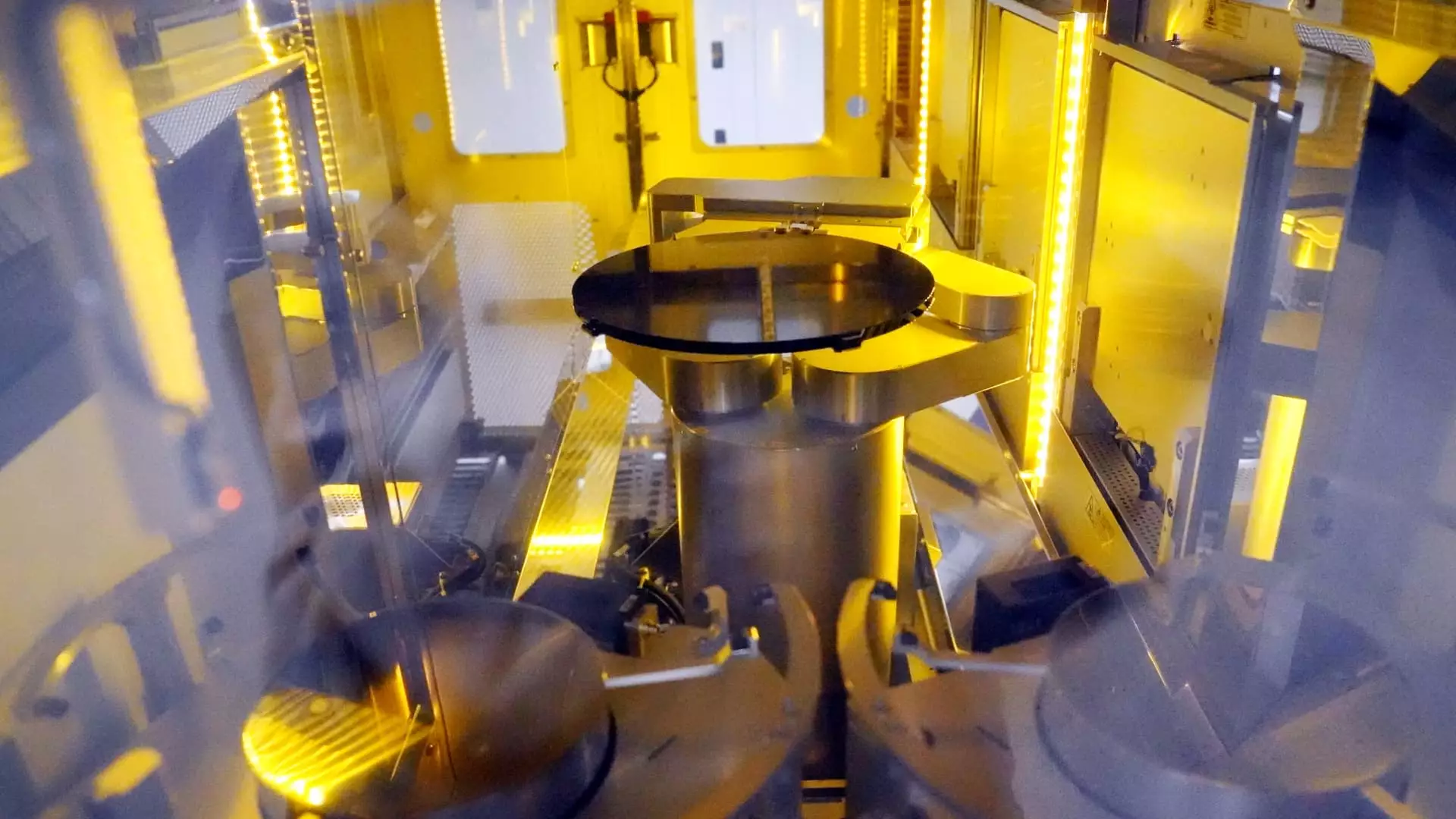The semiconductor industry is currently facing a tight labor market, with competition for talent on the rise. This has been further exacerbated by the funding received from the CHIPS and Science Act, aimed at boosting domestic production. Studies have shown that the U.S. chips industry is projected to experience a shortage of 67,000 technicians, computer scientists, and engineers by 2030, while the broader U.S. economy may face a gap of 1.4 million such workers. The talent crunch in the semiconductor space is expected to worsen due to global economic conditions and ongoing supply chain challenges.
GlobalFoundries, one of the largest chipmakers globally, has been actively recruiting talent to address the growing demand. The company has been targeting veteran candidates, individuals from its workforce reentry program, and women in construction initiatives. GlobalFoundries produces chips for a wide range of products, including electronics, phones, autos, as well as components for space and defense. In order to meet the workforce shortage, the company launched the industry’s first registered apprenticeship program in 2021. This full-time, paid program provides training at no cost to the apprentice and is completed in two years or less. So far, the program has successfully trained 50 apprentices, including graduates from technical associate degree programs and military veterans.
To keep up with the rising demand, GlobalFoundries is committed to continuous hiring, aiming to fill hundreds of roles worldwide and hiring thousands annually. Chief People Officer Pradheepa Raman emphasized the importance of workforce development efforts to address the talent shortage. The company’s strategy includes cross-training talent from different fields and identifying alternate talent pools. Additionally, GlobalFoundries focuses on training and retaining existing employees to enable advancement within the organization.
GlobalFoundries has introduced initiatives to support its employees, such as a program that provides eligible U.S.-based employees and new hires with up to $28,500 tax-free lifetime total towards student debt. Over 200 employees have already applied for this benefit, exceeding expectations. One employee, Morgan Woods, shared how this program will put him in a better financial position to achieve personal goals like buying a home and expanding his family. Woods also highlighted the importance of compliance as the company expands into new markets like automotive, where the demand for microchips is increasing.
In addition to internal efforts, funding from the CHIPS and Science Act will support the growth of GlobalFoundries’ manufacturing fabs in New York and Vermont. The company plans to invest $1.5 billion in expanding manufacturing capacity, with projections of creating 1,500 manufacturing jobs and 9,000 construction jobs over the planned project lifetime. This funding aims to address the worker shortages in manufacturing and construction industries by attracting new and younger hires.
Strategic Approach to Workforce Development
Pradheepa Raman emphasized the importance of taking an ecosystem approach to workforce development to tackle the recruitment challenges. By making the organization one of the best places to work through attractive benefits offerings, including student debt assistance and training programs, GlobalFoundries aims to attract and retain top talent in the semiconductor industry. Raman highlighted the company’s proactive stance in addressing the talent crunch and its commitment to creating opportunities for employees in engineering, computer science, and other fields.
The semiconductor industry is navigating a challenging labor market with a growing demand for skilled workers. Companies like GlobalFoundries are implementing innovative recruitment strategies, workforce development initiatives, and employee benefits to address the talent shortage and fuel industry growth. With ongoing investments in training programs, financial assistance, and expansion projects, the semiconductor industry is working towards overcoming the recruitment challenges and securing a strong workforce for the future.

